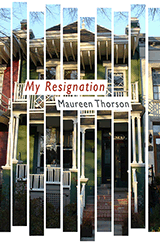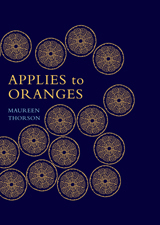Poetry is Not an [Economic] Project
Despite my glib little title, I’m not
actually trying to bring Dorothea Lasky’s essay Poetry is Not a Project into contention here. As Jason Schneiderman wrote when he reviewed Lasky’s chapbook for Coldfront
in 2010 “{h}er assertion, ‘just because you have constructed a project does not
mean you have written a poem,’ seems unassailable to me.” But I’m less interested in whether projects
result in good poems (I think they can, but that they don’t always, like pretty
much any other method of writing poems) than in the why of projects. Why start
from a project at all?
Here another
phrase from Schneiderman’s review occurs to me – that of the “economy of
attention.” He refers to the reader or audience’s attention, but what of the
poet’s? We’d all like to have a room of one’s own, but even if you get one, how
much good will it do you if you can’t afford (money-wise, obligation-wise) to sit
there for more than 20 minutes at a time? There are very few poets out there
not working for a living (or working without a living, as might be said for
those staying at home to care for family members). Even work that is good in
terms of security/monetary remuneration tends to be bad at leaving time for any
pleasure that can’t be distilled down to clicking BUY on a screen.
In a world
where work is constantly threatening to become more all encompassing – check
your email on weekends! On vacation! Have conference calls at one in the morning!
And oh-by-the-way you still have to raise your kids/go to the doctor/buy
groceries/feed the cat/wrangle your aging parent’s bills, the project seems to
me to offer a way forward. Poetry on the installment plan isn’t very romantic,
certainly not as much as hanging around for inspiration to strike, maybe with a
beret in your head and a Gaulois cantilevered jauntily from your lips, but the
quasi-inexhaustible lengths of time required by the wait-and-see approach are
the province of the very few – some students, the independently wealthy, some
retirees.
The project
– a poetic process that measures out its time, if not in coffee spoons, then in
subway rides and the fractured dollops of tweet-sized thoughts, emails, quick
hits of attention, bursts of notions that recede, repeat, a poetry that accretes (like a stalactite) and carves (like a canyon) – seems not only
the natural reaction to an economic system whose primary mode of growth is the invasion (of time, of space, of
interpersonal relations), but incidentally a very healthy anti-romantic corrective.
Poetry is not solely the domain of those with oodles of time to spare. Rather,
large, cohensive bodies of work may be fashioned from the snippets of
overlooked or left-over time in the interstices of the invasive system. In this
way, the project seems to me in this way less an accommodation of the status quo than a pushing-back with the
tools available to hand.



